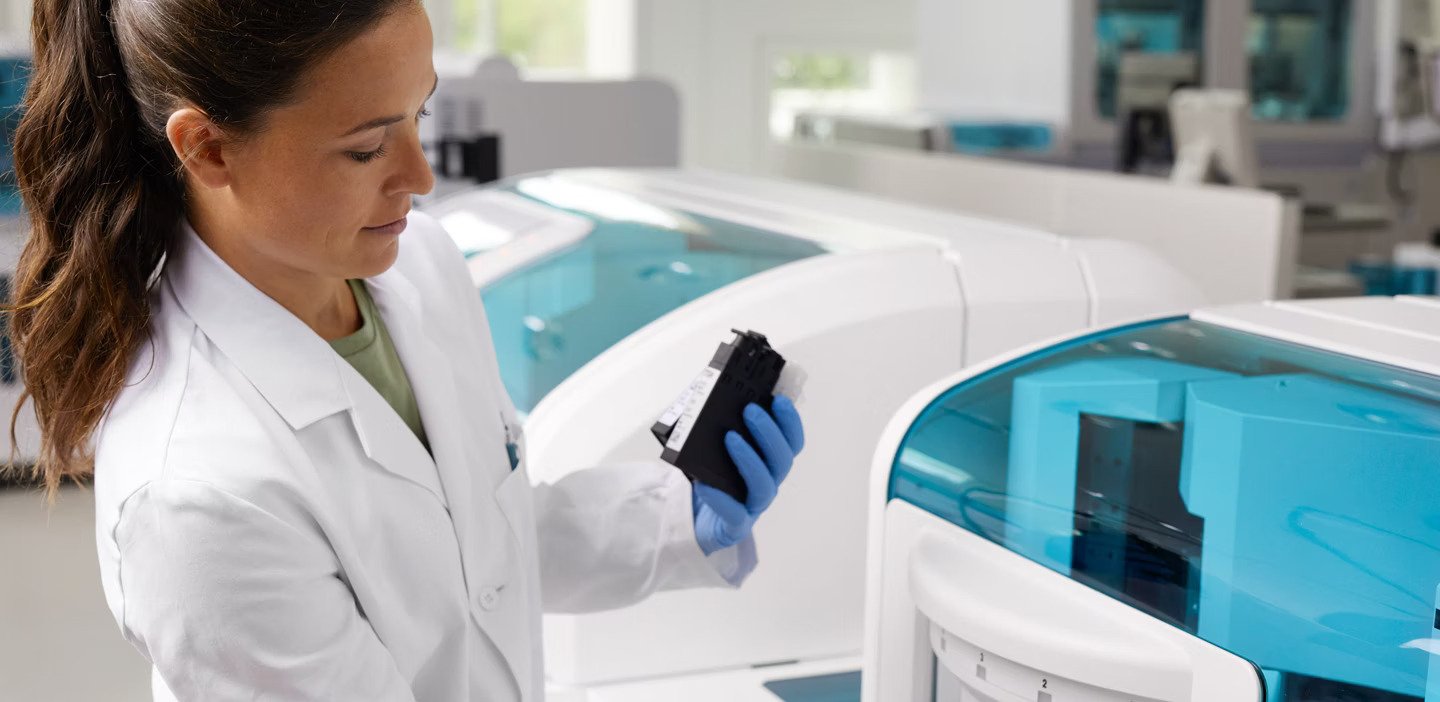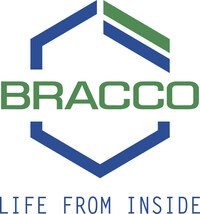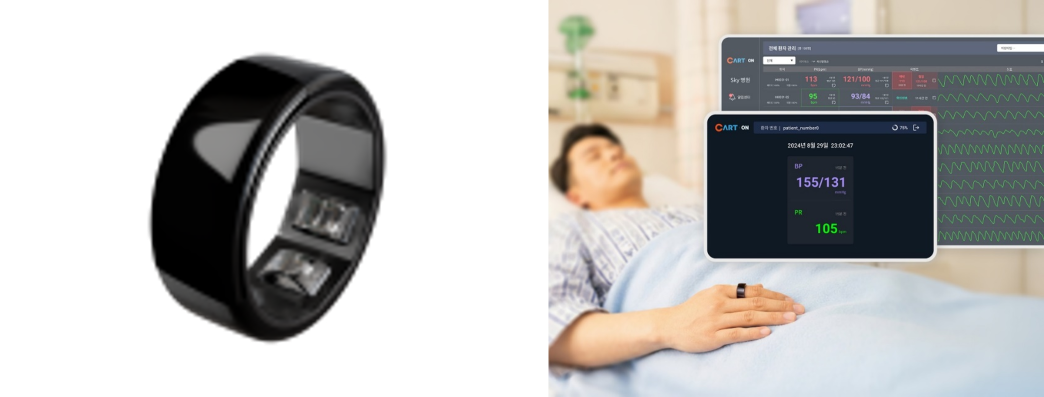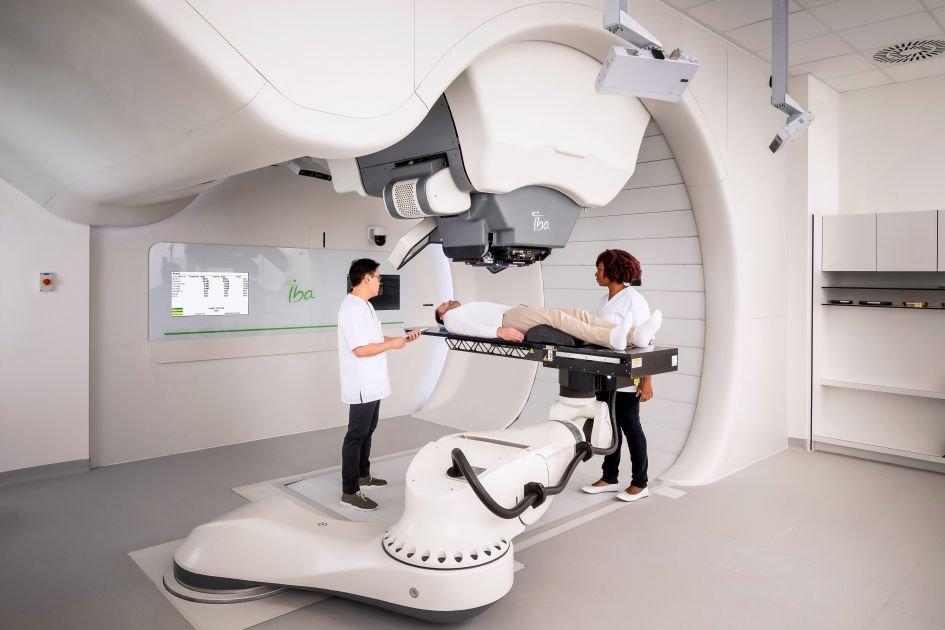Roche has achieved a significant regulatory milestone with CE Mark approval for its Elecsys® pTau181 blood test, developed in partnership with Eli Lilly. This minimally invasive diagnostic tool is designed to help rule out Alzheimer’s disease by measuring the phosphorylated Tau (pTau181) protein, a key biomarker of amyloid pathology in the brain. The test offers clinicians a powerful alternative to more invasive and costly diagnostic procedures such as PET imaging and cerebrospinal fluid (CSF) analysis, significantly improving the efficiency and accessibility of early-stage Alzheimer’s detection in clinical settings across Europe.
The Elecsys pTau181 test addresses a longstanding gap in Alzheimer’s diagnosis: the ability to confidently and noninvasively rule out the disease in patients with cognitive decline. With a negative predictive value of 93.8%, the test can spare patients unnecessary follow-up procedures and help guide them toward appropriate care pathways sooner. This is especially critical in primary care environments, where most cognitive symptoms are first reported but access to advanced diagnostics is limited. By offering a high-throughput, automated solution compatible with Roche’s existing diagnostics infrastructure, the test has the potential to be rapidly adopted across a broad range of healthcare systems.
Looking ahead, Roche is also advancing the Elecsys pTau217 test, which promises even greater accuracy and scalability in identifying Alzheimer’s-related pathology. Together, these efforts underscore Roche’s commitment to transforming Alzheimer’s care through early, accessible, and data-driven diagnostics. As global demand for noninvasive, cost-effective tools to assess neurodegenerative disease grows, Roche’s Elecsys platform positions the company as a frontrunner in shaping the future of neurological diagnostics and enabling timely therapeutic interventions.



















